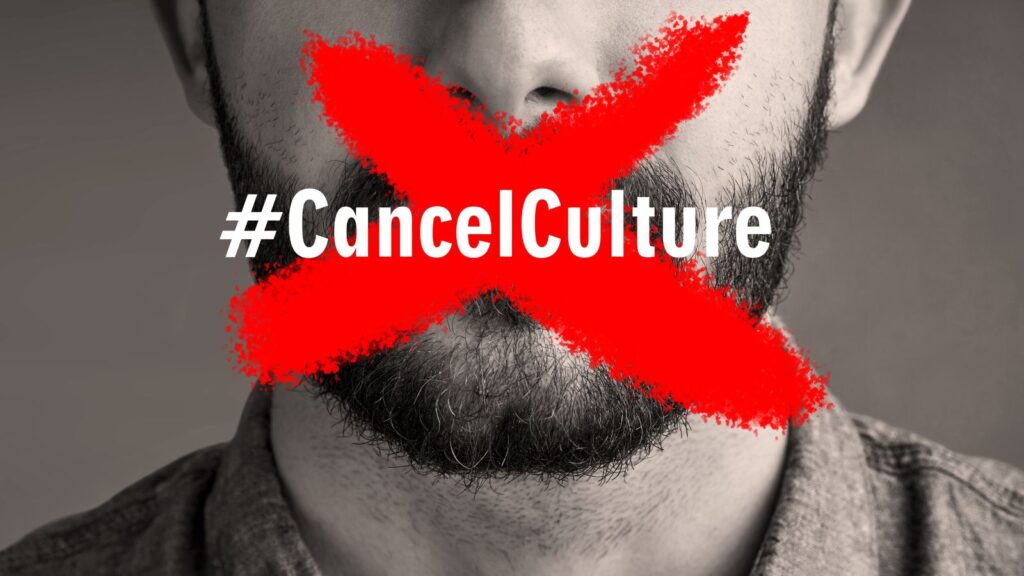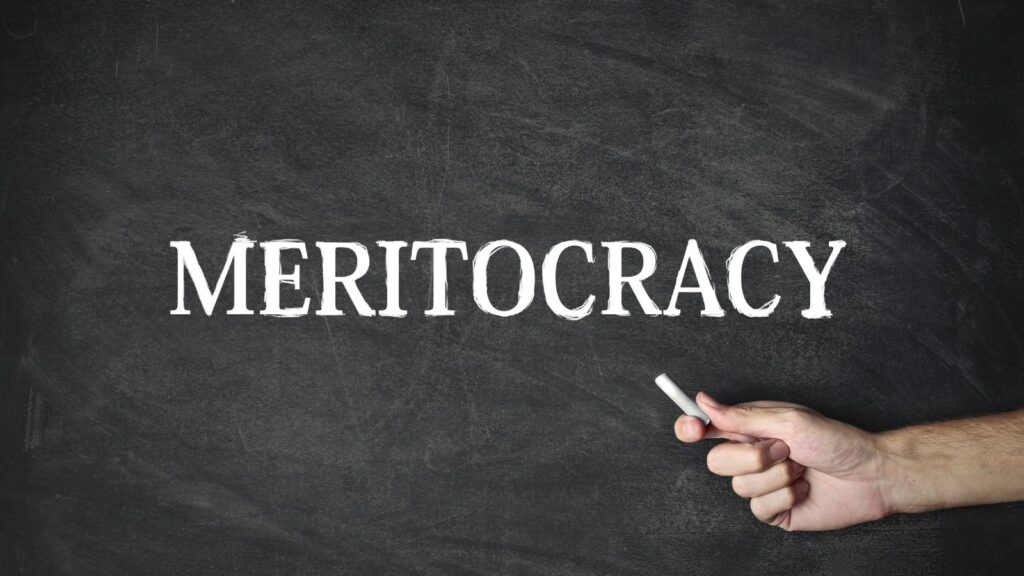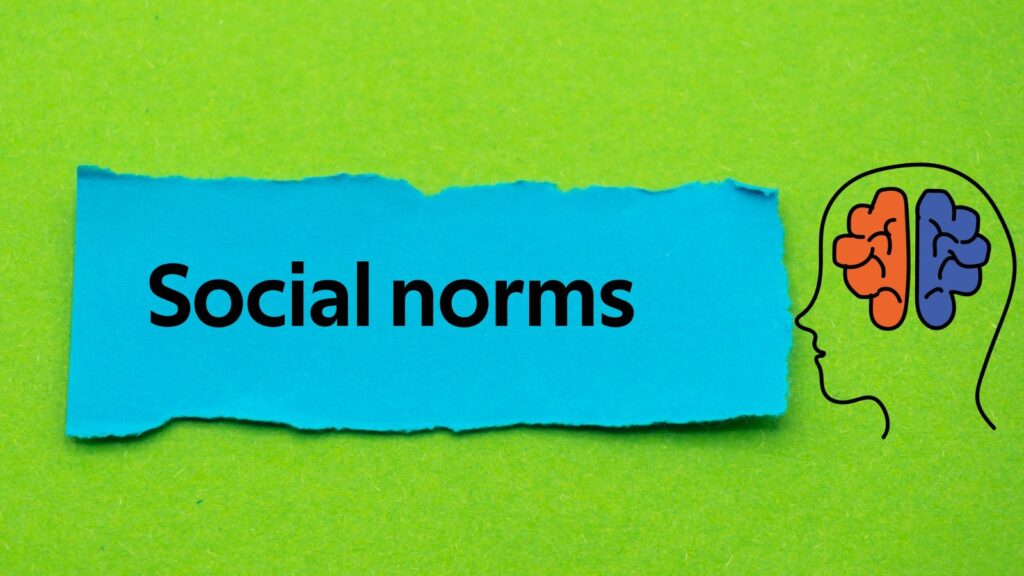Many boomers were raised with traditional values that shaped their worldview, such as hard work, individual responsibility, and family commitment. Wokeness’s focus on systemic issues and collective accountability may seem at odds with these long-held beliefs. For boomers, changing these foundational principles can feel like abandoning what guided their lives until now. Let’s go through the top 22 reasons why baby boomers don’t really want to go down the woke road.
Skepticism of Social Movements

Boomers have experienced many social events and movements over their lifetimes. Some brought positive change, while others led to unintended results, leaving them wary of new movements. Their caution leaves them questioning the long-term effects of proposed changes and whether these truly benefit society, making it harder for them to fully embrace its ideas.
Fear of Cancel Culture

Anxious boomers often resist becoming more aware, fearing that expressing their opinions, even when well-intended, might result in backlash or social isolation. This fear prevents open dialogue and engagement with radical ideas. Many opt instead for safer conversations instead of exploring such ideas further.
Discomfort With Rapid Change

Boomers were raised in an environment where change occurred gradually. Therefore, rapid social and cultural shifts associated with wokeness can be startling and disconcerting for boomers who may feel threatened by its swift pace of transformation. Such discomfort may cause them to resist it altogether as it represents destabilizing change they find challenging to keep pace with.
Differing Generational Experiences

Each generation brings its own set of experiences that have a direct bearing on its perspective. For boomers, events like the civil rights movement, the Vietnam War, and the feminist rise shaped their social justice views. Contemporary issues highlighted by activism may not resonate as strongly with them, making it harder for them to grasp their importance and urgency.
Perception of Excessive Political Correctness

To many boomers, wokeness may come across as excessive political correctness. They may perceive too many rules governing speech and behavior imposed by it as restrictive rather than liberating. The thought of constantly having to monitor their words and actions to avoid offending anyone can be bothersome and even unnerve them.
Attachment to Historical Context

Boomers tend to value understanding events and ideas in context with their time period rather than viewing history through contemporary lenses. This may often result in unfair or overly harsh judgments of historical figures and events. Boomers prefer taking a more nuanced approach that takes into account all aspects of history’s complexity.
Economic Perceptions

Economic perspectives also play a part in boomers’ reluctance to embrace wokeness. Many worked hard to gain financial security and believed in individual effort. Yet, the concept of wokeness, which emphasizes inequalities in society and advocates wealth redistribution, may clash with their views of economics, leading to the feeling that it undermines personal responsibility and the value of hard work.
Focus on Meritocracy

This generation strongly embraces the principle of meritocracy, believing success should be determined solely on merit and hard work. Going woke, which highlights systemic barriers and advocates for affirmative action measures, is contrary to this belief. Boomers might see such measures as unfair advantages rather than necessary corrections of historical injustices.
Generational Gaps in Tech

Technology plays a crucial role in spreading woke ideas. Yet, many boomers may be less tech-savvy than younger generations, creating an unnecessary barrier that prevents them from engaging and understanding the subtleties of wokeness. They could feel left out of critical online conversations and remain uncertain or suspicious of issues associated with wokeness.
Educational Differences

Educational backgrounds also impact attitudes about being woke. Many boomers were educated during a time when social justice issues weren’t as centrally addressed in school curricula. As a result, current emphasis on these topics can seem foreign or unnecessary to them, and this divide in focus can prevent people from adopting an inclusive mindset.
Nostalgia for Simpler Times

Boomers often experience nostalgia for simpler times, longingly recalling life before its current complexity emerged, with complex social issues and identity politics becoming the focus of daily conversations. Such nostalgia makes boomers resistant to new ideas that disrupt cherished memories from their past lives.
Differences in Communication Styles

Communication styles differ significantly across generations. Boomers may find the language of wokeness, with its specific terminology and concepts, difficult to understand or unappealing. They may feel alienated by what seems like an academic language that seems too unfamiliar and strange to them. This can create an unnecessary barrier that reduces their willingness to engage with these ideas.
Concerns Regarding Free Speech

Free speech is of immense value to boomers, and they often see wokeness as a threat to their freedom if controversial or unpopular opinions come into question. Furthermore, any thought that certain viewpoints could be punished under the pretext of wokeness causes great alarm among boomers and may lead them to reject its movement entirely.
Influence of Upbringing

How boomers were raised is an influential factor when it comes to their attitudes about wokeness. Many were raised in more homogenous communities with particular social norms, which could have shaped their worldview and made it less welcoming of diverse and inclusive values promoted by wokeness. Many might find it hard to reconcile their upbringing with these new ideas.
Prioritization of Stability

Boomers tend to prioritize stability highly. After working hard for decades to build it into their lives, boomers value the sense of calmness they have worked so hard for. With its calls for radical transformation, wokeness may feel like an attack on this hard-won peace and make many hesitate before adopting ideas that promise significant disruptions.
Sense of Achievement

Boomers tend to take great pride in the achievements and progress made throughout their lives. Boomers may feel as though wokeness undermines these accomplishments by placing its attention on ongoing systemic issues. They may feel as though their efforts and contributions are being overlooked or devalued. This can fuel resistance to new ideas proposed through wokeness.
Generational Identity

Generational identity can play an essential part in boomers’ attitudes about wokeness. Boomers may identify strongly with the values and experiences associated with their era. By comparison, wokeness, as a movement driven by younger generations, may feel foreign to them and create resistance towards adopting different perspectives that don’t align with their identity.
Impact of Life Experience

Experience is an influential force, especially among boomers who have lived through different social and economic environments than younger generations, which shaped their understanding of justice and equality. Issues raised by wokeness might not resonate as strongly for them due to how their life journey has led them to different conclusions regarding what needs to be addressed.
Desire for Practical Solutions

Boomers tend to favor practical solutions over abstract ones when solving problems, making wokeness, which often involves abstract concepts and long-term social change, seem unfeasible. Their preference for practicality over theory could make them skeptical of woke ideas that seem too idealistic for them.
Peer Group Influences

Peer groups play an instrumental role in shaping opinions. Many boomers associate with people of similar ages and backgrounds who share similar viewpoints, further reinforcing skepticism regarding wokeness ideas among peers who resist such concepts collectively, making embracing it even harder.
Generational Wealth Gaps

Wealth gaps between generations also impact attitudes about wokeness. Boomers, in particular, have amassed great wealth over their lifetimes. Calling for wealth redistribution or addressing economic inequalities might seem like a direct threat to this security. Economic self-interest may prevent these people from fully accepting woke ideals.
Afraid of Unfamiliarity

Wokeness may feel foreign and disconcerting for boomers. The concepts and language associated with it may be new and confusing, leading to feelings of alienation or discomfort. Learning and adapting to these unfamiliar ideas takes effort and openness, something boomers who feel set in their ways may find daunting.
19 Grim Realities of Dating After 50 That Are Often Overlooked

19 Grim Realities of Dating After 50 That Are Often Overlooked
26 Things That Will Be Extinct Because Millennials Refuse to Buy Them

26 Things That Will Be Extinct Because Millennials Refuse to Buy Them
24 Outdated Slang Terms You Absolutely Shouldn’t Be Using Anymore

24 Outdated Slang Terms You Absolutely Shouldn’t Be Using Anymore
25 Hardest Parts About Getting Older That No One Ever Talks About

25 Hardest Parts About Getting Older That No One Ever Talks About






